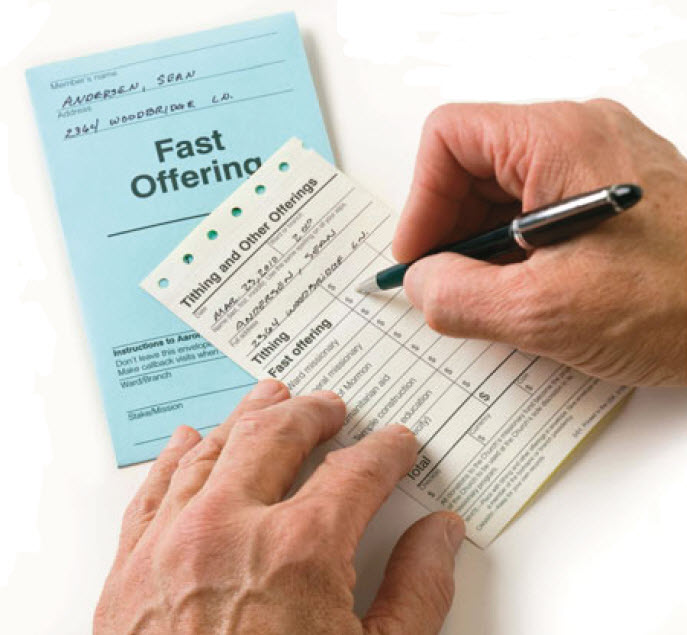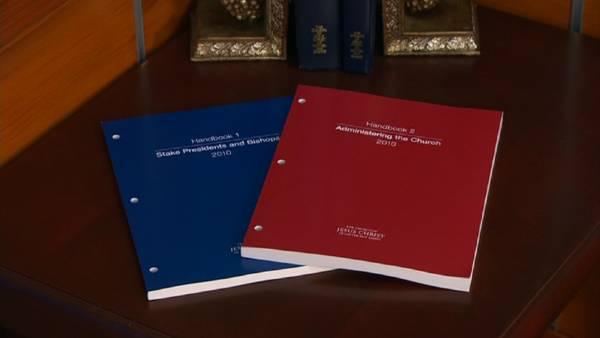Question
Gramps,
An acquaintance of mine, married in the temple 25 years ago, four children and an active member in the LDS church was recently divorced for having an extramarital affair which had been ongoing for some time. To this day the ex-wife and children have none or very little contact with the father. I know there are different levels of church discipline but wonder if excommunication is generally invoked for adultery and who makes that decision? Does the ex-wife have any impact on the decision?
Mel
Answer
Mel,
When contemplating Church discipline it is very important that we understand its purpose, “The purposes of disciplinary councils are to save the souls of transgressors, protect the innocent, and safeguard the purity, integrity, and good name of the Church.” (Source) When a disciplinary council is called it is usually because a serious transgression has been committed (i.e. adultery), or as the same source previously provided states, “The most serious transgressions often require formal Church discipline.”
Adultery is surely a serious transgression. The outcome of disciplinary councils should be an inspired process through council and revelation. The most important part being the “spirit of revelation.” When disciplinary councils are called the bishop or stake president will receive as much information as possible (wouldn’t it be nice if everyone was perfectly honest and did not hide any experience that would result in a different outcome?) according to the event(s). This means they will take written or verbal accounts from any or all parties involved. In the scenario you have provided the bishop or stake president will definitely speak with the spouse. Will her witness have an impact? Yes, they can; although, it is not wise for the victim to assume how much impact their witness will have, or that they (the victim(s)) assume their witness will surely result in [fill in blank] outcome for the accused.
The decision pertaining to excommunication would result from the leader with priesthood keys who presides at the disciplinary council. If at the ward level, in council with his counselors, the bishop will receive revelation regarding the specified outcome. If at the stake level, the stake president in council with his counselors will pray and receive revelation regarding the outcome of the member. If the disciplinary council is above the stake president, then it is most likely the prophet and apostles who would hold the disciplinary council and thus make the decision via revelation.
I believe we will both agree also that there is a difference between a man/woman who commits adultery once and then immediately seeks repentance, in comparison to multiple accounts of adultery and the individual is brought before the bishop because their spouse found out rather than their own volition. The most important part of a disciplinary council is inspired revelation. There may be times when it appears the member should be excommunicated but for some reason the Spirit is dictating a different result, a different verdict other than excommunication. Adultery surely is a transgression that may result in excommunication, but does not ensure excommunication will be the outcome.
Gramps







